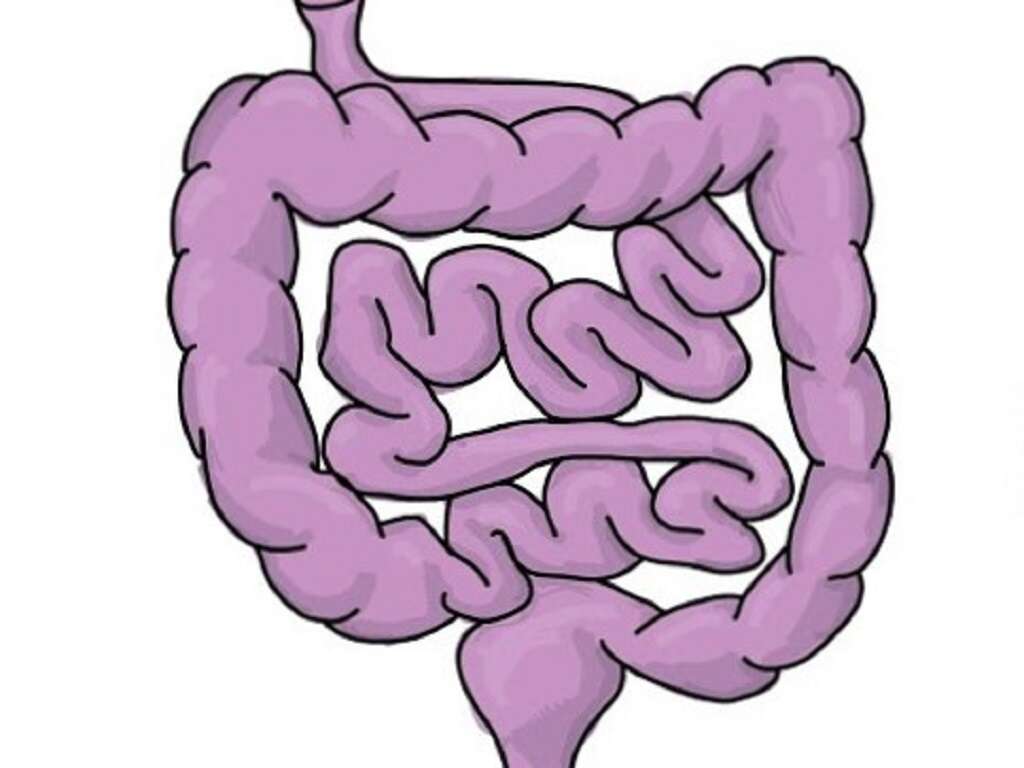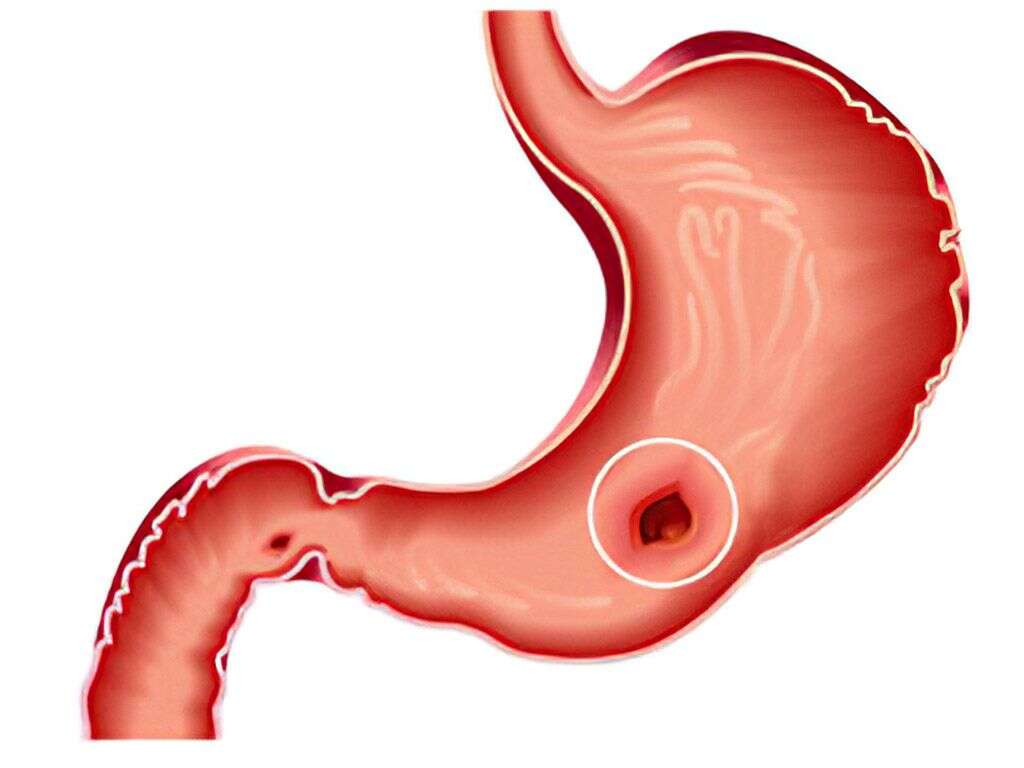10 H Pylori Symptoms
Helicobacter pylori (H. pylori) is a gram-negative bacterium that is usually found in the stomach. Some experts believe that the bacterium may play an important role in the ecology of the stomach. It was first identified in 1982 by Australian scientists Barry Marshall and Robin Warren, who discovered that those infected also suffer from chronic gastritis or gastric ulcers. Previously, both these conditions were not believed to be due to microbial causes.
H. pylori has also been linked to the development of stomach cancer and duodenal ulcers. However, about 80 percent of infected individuals are asymptomatic. Currently, approximately 50 percent of the global population have H. pylori in the upper gastrointestinal tract. Infection seems to be more common in developing countries compared to developed countries.
Symptom #1: Halitosis
Halitosis is a term used to describe an unpleasant odor emanating from the oral cavity. H. pylori produces foul odor substances (volatile sulfur compounds) like hydrogen sulfide (H2S) and methyl mercaptan (CH3SH). Thus, H. pylori infection has been shown to be a major cause of bad breath.
However, other causes of bad breath are inadequate plaque control, and excessive bacterial growth in dental caries, periodontal disease. Also, diseases like diabetes or upper respiratory tract infections may cause this symptom.
Symptom #2: Nausea and Vomiting
Nausea is a sensation of unease and discomfort that often includes an urge to vomit. While it may not be painful, it can be debilitating if prolonged. Vomiting is the involuntary and forceful expulsion of stomach contents through the mouth and sometimes the nose.
It is also known as barfing, puking, or emesis. Both nausea and vomiting are nonspecific symptoms that can occur due to various conditions, such as pregnancy, peptic ulcer disease, food poisoning, viral infections, and bacterial infections.

Symptom #3: Epigastric pain
Helicobacter pylori infection may cause chronic active gastritis in susceptible hosts. It may also be asymptomatic. This may cause a constant burning or aching pain in the epigastric region (upper central region) of the abdomen.
This pain is part of the symptoms that constitute dyspepsia, a term that also includes bloating, heartburn, belching, nausea, sensation of fullness after a small meal, and burping. It is important to note that dyspepsia is not exclusive for Helicobacter pylori- induced gastrointestinal diseases.
Symptom #4: Bloating
Bloating refers to a full, tight, and distended abdomen. It is generally associated with gastrointestinal conditions. Abdominal bloating is an extremely common symptom that can appear in any individual regardless of age. It can also be associated with breathlessness.
The treatment and management of bloating depend on the underlying cause. Nevertheless, dietary modifications and certain medications may alleviate the discomfort.

Symptom #5: Belching
Belching is also known as burping or ructus. It refers to the release of gas from the digestive tract through the mouth. It generally occurs when air is swallowed then expelled after eating or drinking (particularly carbonated beverages like soft drinks and beer).
Belching is extremely common and can be a symptom of ulcers or hiatal hernia. Belching also could be a side effect of medications.
Symptom #6: Melena
Melena refers to dark, black, and tarry stool that is associated with upper gastrointestinal bleeding. The dark stool also has a characteristic and strong odor from the hemoglobin in the blood, which has been altered by intestinal bacteria and digestive enzymes. Iron supplements can also cause a grayish-black stool that should be distinguished from melena.
The most common cause of melena is peptic ulcer disease, but excessive use of anticoagulant medications, malignant tumors in the gastrointestinal tract, and hemorrhagic blood diseases also can cause melena.

Symptom #7: Peptic Ulcers
While some individuals may not have any symptoms from H. pylori infection, others suffer from peptic ulcer disease (PUD). PUD occurs when there is a break in the lining of the stomach (gastric ulcer) or first part of the small intestine (duodenal ulcer).
Individuals with PUD experience upper abdominal pain that can be described as a dull ache or a burning sensation. Other associated symptoms include belching, nausea, vomiting, loss of appetite, and weight loss. Severe cases of PUD can lead to bleeding and perforation of the stomach.
Symptom #8: Hematemesis
Hematemesis is the vomiting of blood that usually originates from the upper gastrointestinal tract. It usually occurs only if H. pylori causes ulcers. Patients should not confuse hematemesis with hemoptysis, which is the coughing up of blood.
Some causes of hematemesis include Mallory-Weiss syndrome, erosion of the stomach lining, vomiting of ingested blood, tumors of the stomach or esophagus, gastroenteritis, radiation poisoning, viral hemorrhagic fevers, and peptic ulcer disease. Hematemesis is treated as a medical emergency since excessive blood loss can lead to shock and death.

Symptom #9: Hematochezia
Hematochezia is the passing of fresh blood through the anus. It should be distinguished from melena, which is the passing of hemoglobin altered by intestinal bacteria and digestive enzymes. Hematochezia is associated with lower gastrointestinal bleeding but can also occur if there is a rapid upper gastrointestinal hemorrhaging. H. pylori has been linked to colorectal polyps and a moderately increased risk of colorectal cancer.
Causes of hematochezia include hemorrhoids, diverticulosis, colorectal cancer, and inflammatory bowel disease.
Symptom #10: Loss of Appetite
A loss of appetite is the reduced desire to eat. It is also known medically as anorexia. In H. pylori infections, early satiety (the feeling of fullness after consuming only a small amount of food) also can occur.
Loss of appetite is a nonspecific symptom that can be seen in various conditions, ranging from psychiatric conditions to physical illnesses. It can also lead to weight loss and malnutrition. In most cases, the appetite usually returns to normal once the underlying cause has been resolved.









